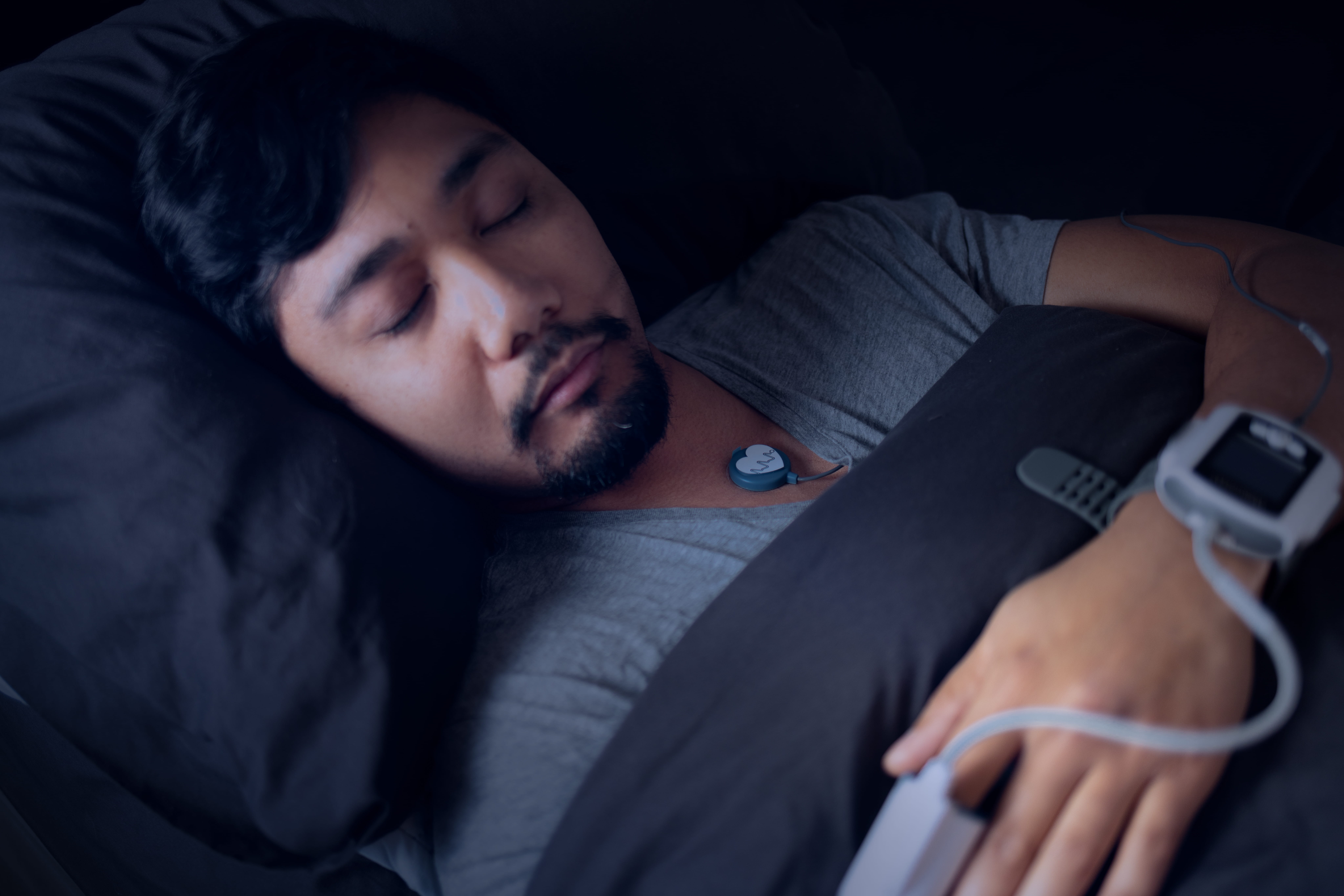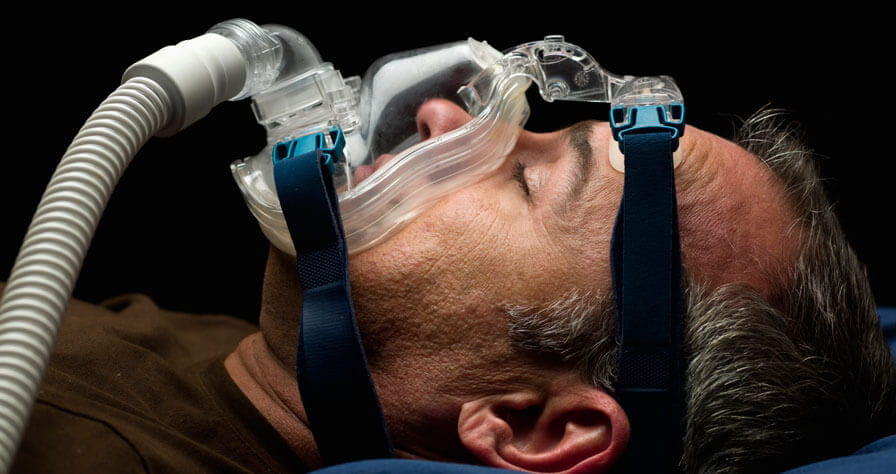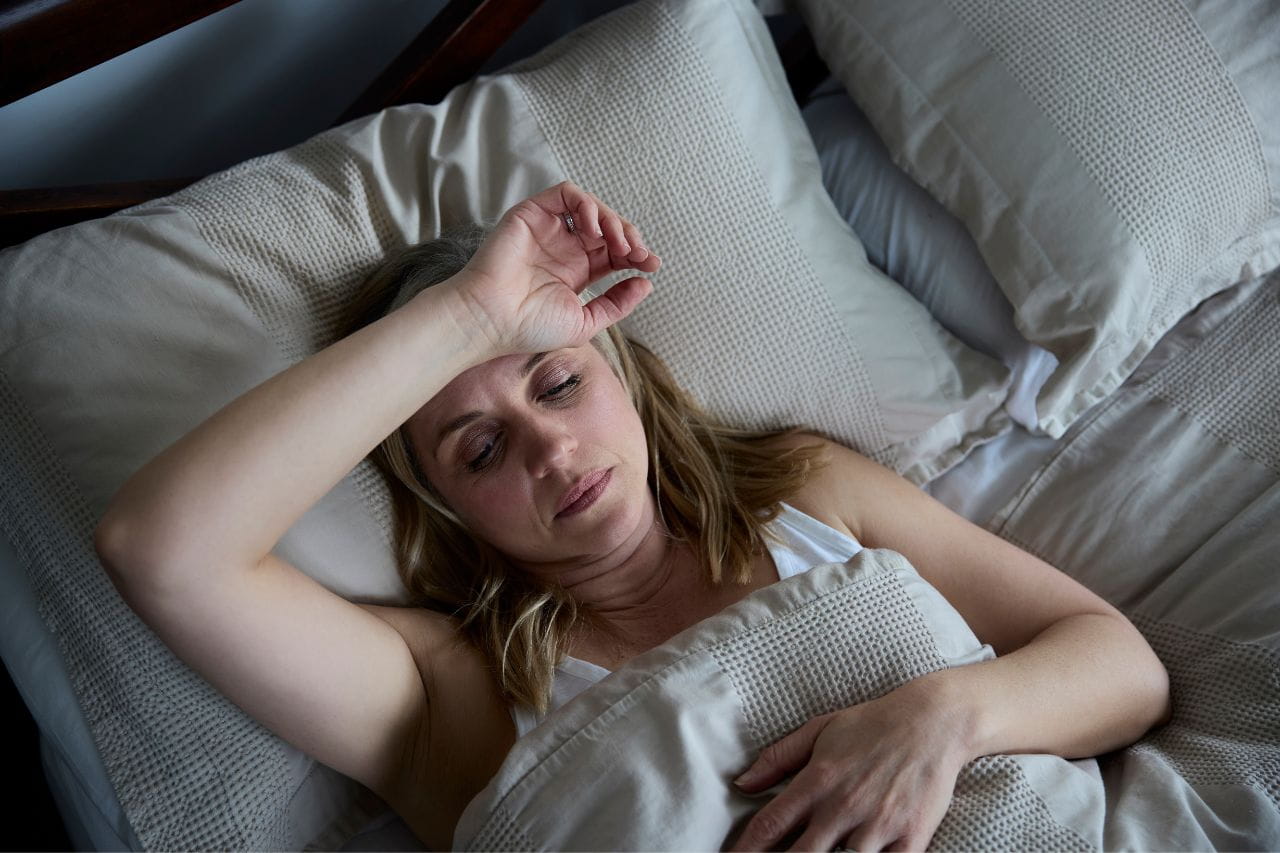What Is a Sleep Study?

A sleep study is a test performed to diagnose sleep disorders. It records several types of data, including brain waves, heart rate, breathing, blood oxygen level, and eye and leg movements. Measuring these things helps your doctor understand the sleep-related challenges you face and prescribe treatments to help you sleep better.
What does a sleep study diagnose, and what’s involved in the process? We explain below.
What Can a Sleep Study Diagnose?
Your doctor may order a sleep study if you have symptoms of any of several common sleep disorders, including:
- Sleep apnea. This condition causes you to stop breathing briefly but repeatedly throughout the night.
- Insomnia. Trouble falling asleep or staying asleep is called insomnia.
- REM sleep behavior disorder. This condition involves acting out your dreams while asleep.
- Sleepwalking or talking. With these conditions, you perform the activities in your sleep.
- Narcolepsy. People with narcolepsy experience bouts of overwhelming sleepiness during the day.
- Restless leg syndrome or periodic limb movement disorder. These conditions involve involuntary flexing and extending of the arms or legs while sleeping.
What to Expect During a Sleep Study
Sleep studies are non-invasive tests (meaning no needles are involved), most often performed in specialized sleep labs at a hospital or sleep center. You’ll spend the night at the center with monitoring equipment, recording your sleep as you progress through the different sleep stages.
In a typical sleep study, a technician attaches thin wires to key spots on your head, face, and limbs and sets up other monitoring technology as needed. Then they dim the lights and leave you to sleep, monitoring the incoming data in another room and ensuring the systems continue functioning correctly.
It can be a little challenging to fall asleep in the unfamiliar environment of a sleep study. But you don’t have to be sleeping for the entire night for the test to capture valuable information. It’s not uncommon for test participants to have to use the bathroom at night, and the test equipment and process take that into account.
Types of Sleep Studies
Your doctor can order different sleep studies depending on your symptoms. Tests include:
- Polysomnography. A technician monitors vital functions like breathing, heart rate, eye movements, brain waves, etc.
- Multiple sleep latency test. This test is focused on how rapidly you fall asleep and enter REM sleep when napping during the day. It’s used primarily to diagnose narcolepsy.
- Continuous positive airway pressure (CPAP) titration. CPAP is commonly used to treat sleep apnea. It involves a machine that creates air pressure in your airways that helps you sleep better. This type of study is performed to determine how much pressure is needed. It’s common for this test to be part of a split-night sleep study, in which the first part diagnoses sleep apnea and the second determines the appropriate CPAP pressure.
- At-home sleep apnea testing. This test gathers data on your heart rate, breathing, etc., while you sleep at home. There’s no real-time monitoring by a sleep technician, and the test doesn’t produce as much information as one performed at a sleep center. However, it can be useful in some scenarios.
Get Help with Sleep Issues From Baptist Health
If your primary care provider suspects you have a sleep disorder, they may refer you to our sleep medicine experts. They can then take the lead in diagnosing your condition and recommending effective treatments.



